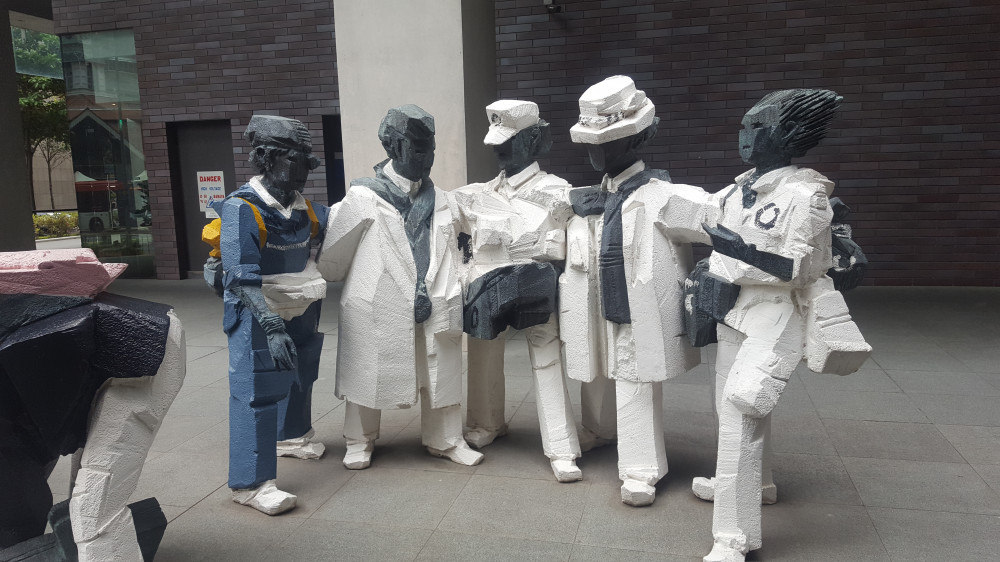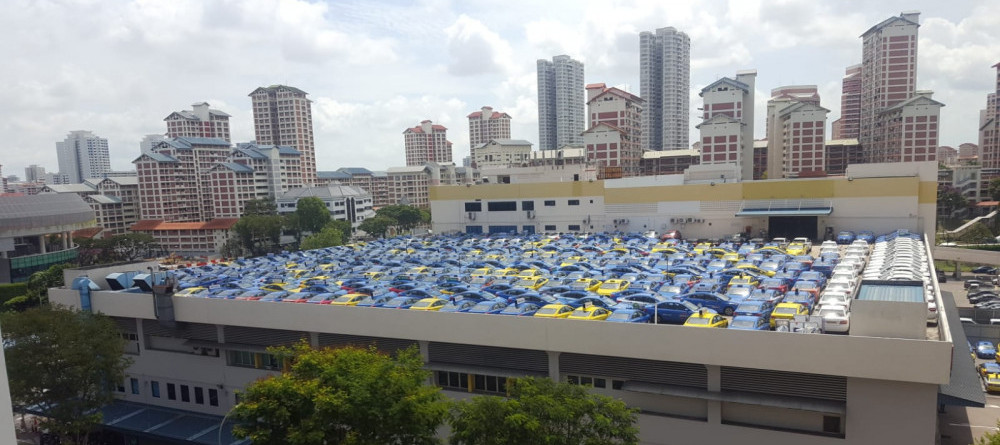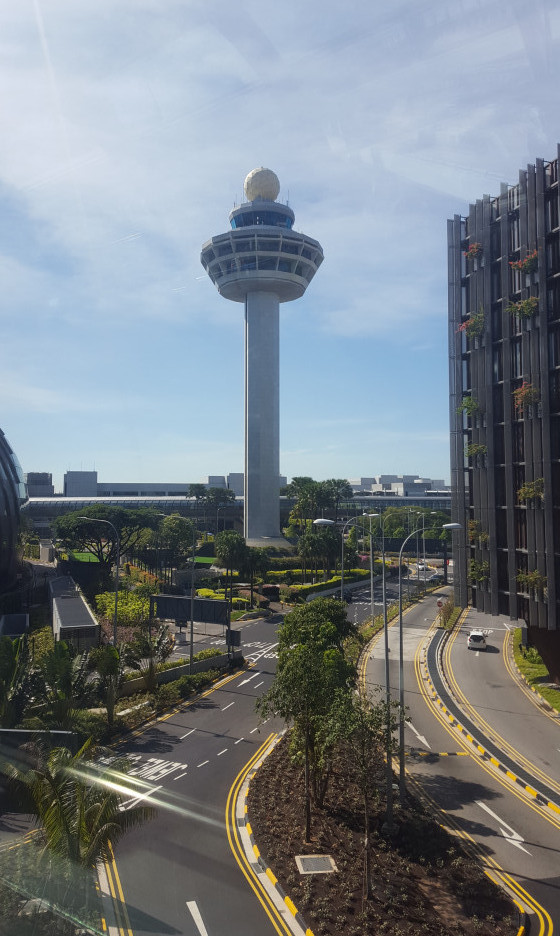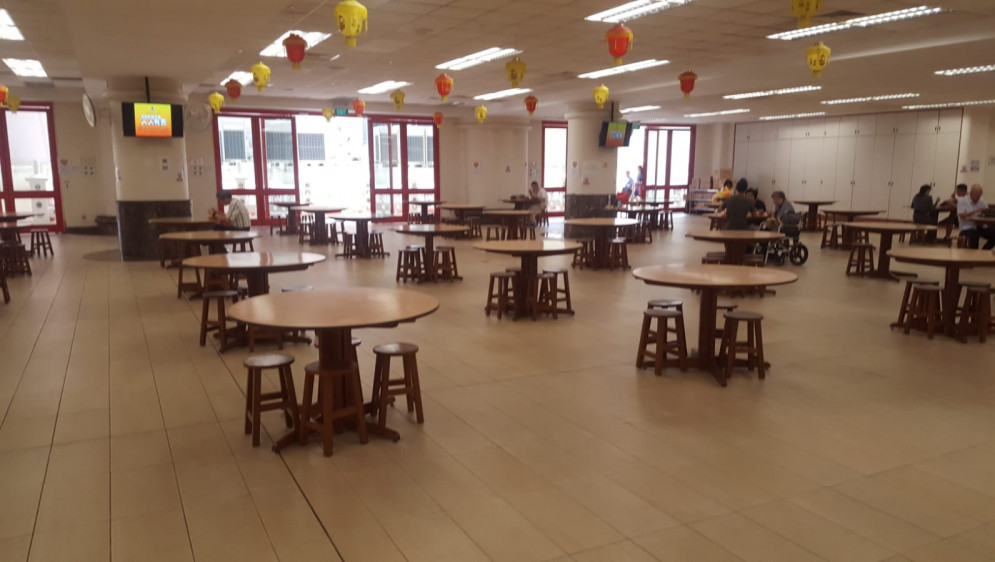Work-life balance—two sides of a coin that people often juggle in the hustle of modern life. It’s all about ensuring both professional and personal lives aren’t just enduring but flourishing together. The idea of work-life balance rings a bell for many, as it's a quest to avoid the dreaded burnout while achieving personal fulfillment.
Historically, the landscape of work-life balance has morphed dramatically. There was a time when clocking out meant leaving work behind, but not anymore. Thanks to technology, work sneaks into our personal time through buzzing smartphones at any hour, blurring the once-clear line between our personal and professional realms.
It's crucial to look at what factors are driving these changes. Remote work, tech advancements, and gig economies offer flexibility yet challenge traditional boundaries. While it's tempting to answer work emails from a couch, the key is in setting limits that favor a healthy life equilibrium.
Understanding the factors that affect work-life balance helps lay the foundation for a more sustainable way of living. Start by identifying what truly matters to you outside of your job. Is it family time, hobbies, or simply having some peace to kick back? Ponder on these to help guide decisions about what needs to change in your work habits.
The way forward involves recognizing what’s under our control and what isn't—sometimes it's about recalibrating expectations both in workplaces and within ourselves. By grasping these intricacies, we set a firm foundation to build upon as we explore how vital a balanced work-life truly is.
Why Work-Life Balance Matters More Than Ever
Work-life balance isn't just a trendy buzzword; it's a lifeline for maintaining mental health and overall well-being. The constant grind without a break can lead to stress, anxiety, and burnout, turning even the most passionate into weary souls.
Imagine waking up each day excited to tackle your tasks, not feeling chained to them. Achieving a balanced lifestyle means better job satisfaction. When you're happy and fulfilled in your personal life, it reflects in your work performance too—think of it as a feel-good domino effect that boosts productivity.
Retaining top talent is a constant challenge for organizations today, and work-life balance is a major player in this game. Companies that support balance see lower turnover rates, with employees feeling valued and less like cogs in a machine. It’s about building a workplace where people want to stick around for the long run.
Look into organizations like Google or Netflix—they're pioneers in fostering environments where balance is a priority. These companies have reimagined work cultures by promoting flexible schedules and creating spaces that nurture both professional growth and personal wellness.
The benefits aren’t just abstract ideas. Studies show that balanced individuals tend to have healthier lifestyles, more positive social interactions, and are less prone to chronic illnesses. So, it’s clear: work-life balance is not merely a perk but a crucial component of a fulfilling career and life.
Strategies to Harmonize Work and Life Effectively
Juggling work and personal life might seem like a circus act, but with the right strategies, balance is within reach. Start by setting boundaries; learning when to turn off work mode is crucial. It’s okay to let that email wait until morning. Your time off is yours—guard it fiercely.
Task prioritization is a game-changer. Ever heard of the Eisenhower Box? It’s a nifty tool that helps you decide on and prioritize tasks by urgency and importance. This way, you're not wasting energy on less critical activities, freeing up time for what truly matters.
Scheduling is your new best friend. Carving out time for work and personal activities on a calendar isn't just for meetings—plan leisure activities, exercise, and even downtime. Having a visual layout helps in sticking to what’s planned and prevents work from spilling into your personal hours.
Flexible work arrangements are becoming more than just perks—they’re almost necessities. If your job allows, negotiate a schedule that helps you accommodate both work duties and life’s enjoyments. Whether it's remote work or flexible hours, a little shift can make a big impact.
Lastly, remember balance is not about splitting your time equally but about allocating it in a way that brings fulfillment. It takes deliberate effort, but once you tailor your approach, you’ll see improvements in both your work performance and personal satisfaction.
Consequences of Ignoring Work-Life Balance: What to Do Next
Ignoring work-life balance for too long can creep up on you like a storm ready to disrupt everything. Burnout is a real, looming threat when lines between work and life blur too much. Recognizing burnout is the first step—exhaustion, cynicism, and reduced professional efficacy are big red flags.
Re-evaluating priorities is crucial. It’s about shifting focus back to what brings joy and purpose outside the workplace. Sometimes, it means taking a step back and asking yourself what’s truly important and making sure those areas receive proper attention.
Support is key on this journey. Reach out to friends, family, or even co-workers who understand the pressures you're under. Professional help like counseling can also offer invaluable guidance and coping strategies to align life priorities.
Real-life stories are powerful motivators. People have pivoted successfully from severe imbalance by reassessing their career goals, aligning them with personal values, and making necessary lifestyle shifts. If they can turn the ship around, so can you.
Remember, acknowledging the need for balance says more about strength than weakness. It’s about creating a sustainable path forward, focusing not just on survival but on thriving in both personal and professional spheres.
The Dilemma: Quality of Life or Work?
Choosing between quality of life and work feels like life’s ultimate balancing act. It’s a dilemma faced by many—do you chase that promotion, or take a step back to enjoy the simple joys life brings? The key is harmonizing ambition with personal happiness.
Consider what work means in the bigger picture. While career advancement has its allure, consider the cost to your well-being. Long hours might bring immediate rewards but can also steal precious moments meant for family, friends, or self-care.
Industry leaders often emphasize the importance of setting boundaries and taking time to recharge as fundamental to long-term success. Remember, even high achievers need breathing room to maintain their peak performances without losing touch with their personal lives.
Your career goals should align with personal aspirations, not overshadow them. True success isn’t just about titles or paychecks—it’s about finding happiness and fulfillment in both spheres of life.
Finding a middle ground where both quality of life and work prosper might require compromise, but it’s achievable. It all starts by making conscious decisions aligned with what truly matters to you.


















